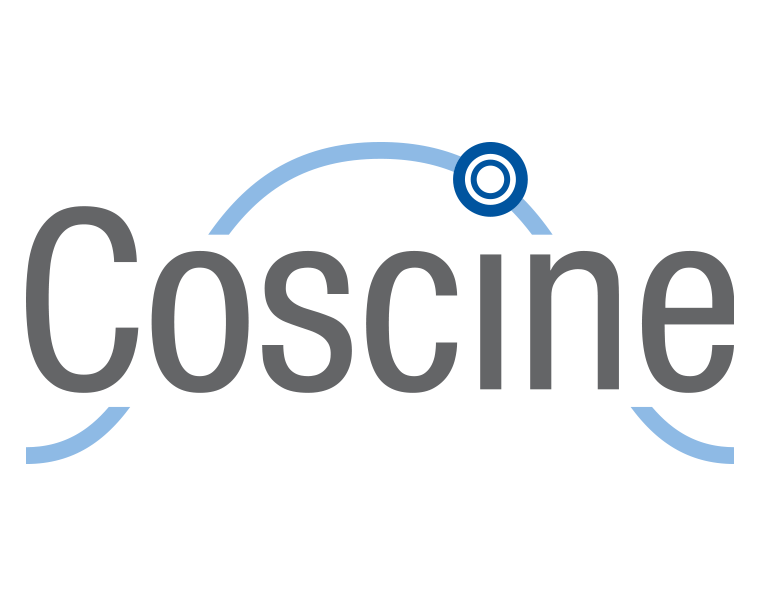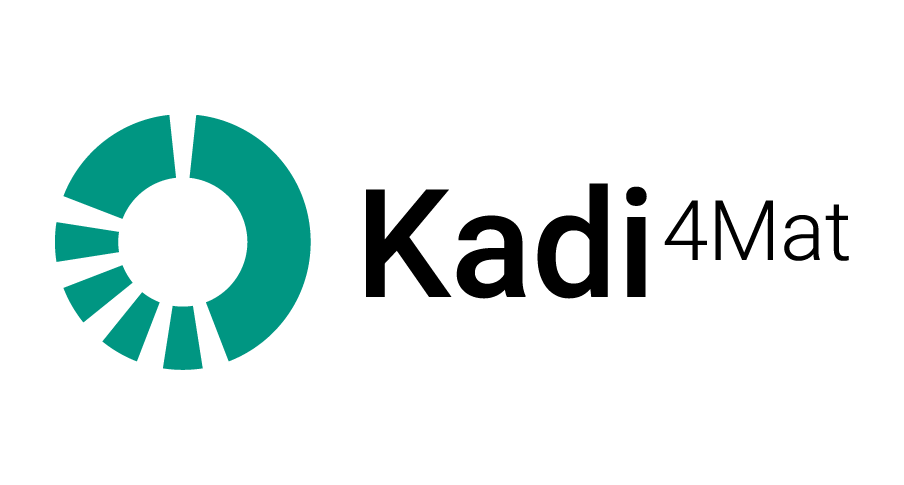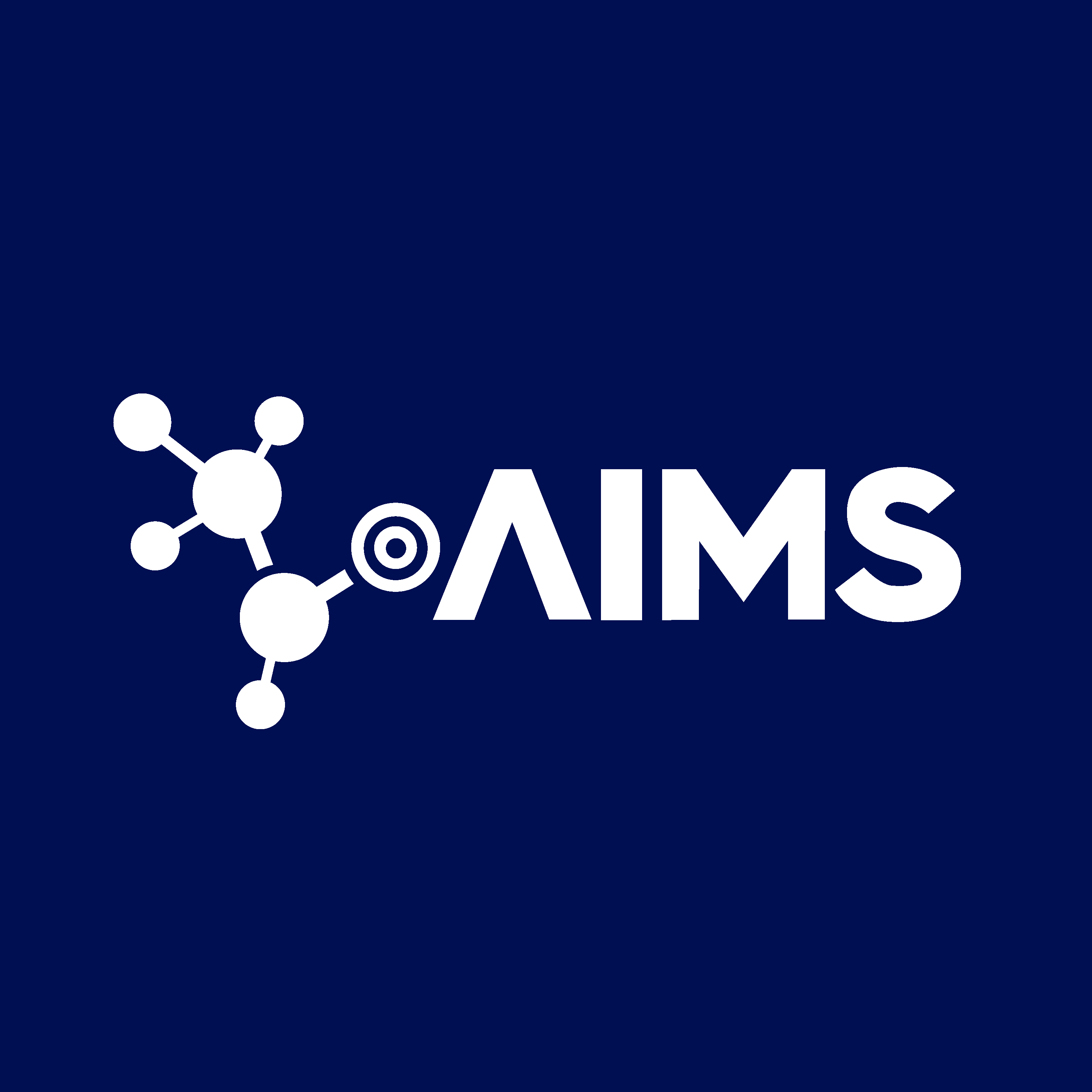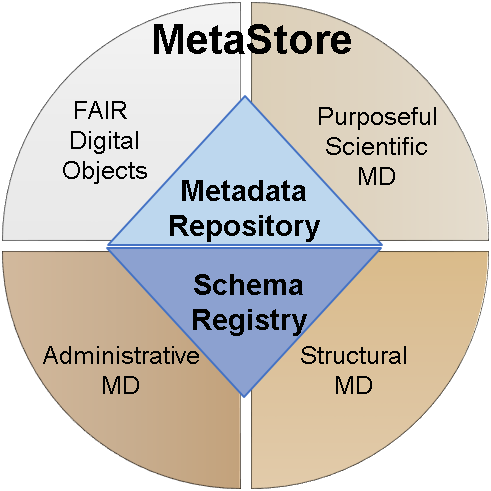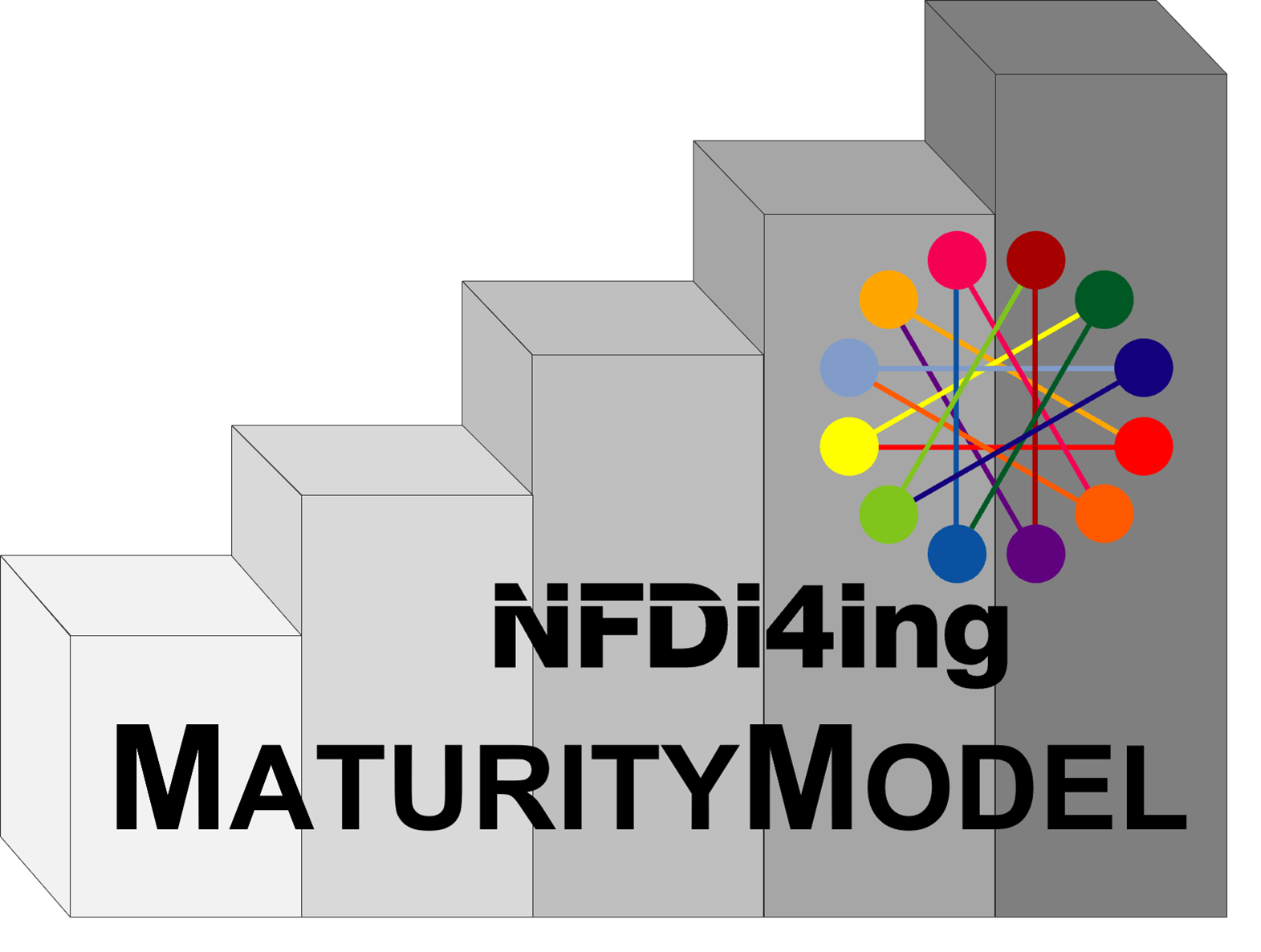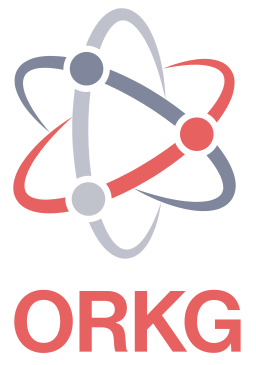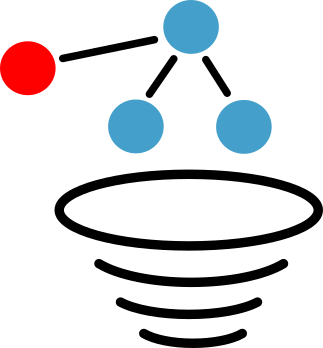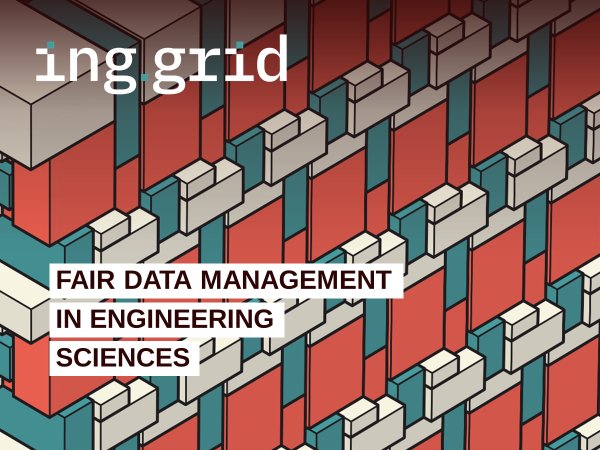Services
...for Complex Systems and model-based simulations

“Hello, I’m Ellen. I’m an engineer who analyses complex systems comprising a large set of multidisciplinary interdependencies. Working within the computational and building sciences, I conduct research by performing model-based simulations and optimisation calculations, whereby I often utilise algorithms coming from statistics and computer science. Inputs to my analyses are the scenarios I investigate or the vast spectrum of heterogenous data from the built environment, covering all aspects of the built and virtual infrastructure. This data often stems from fragmented and heterogenous sources of a wide spectrum of engineering disciplines. They typically are very data-intensive, requiring information from many different disciplines and also include field data from public institutions.
My professional background is typically based in civil, electrical, chemical or energy systems engineering and is often complemented by several aspects of computer science, physics, social science and economics.”
Services - Ellen's picks
Listed below are services of particular interest to researchers like Ellen

Services - General
Researchers like Ellen might also be interested in the following services

